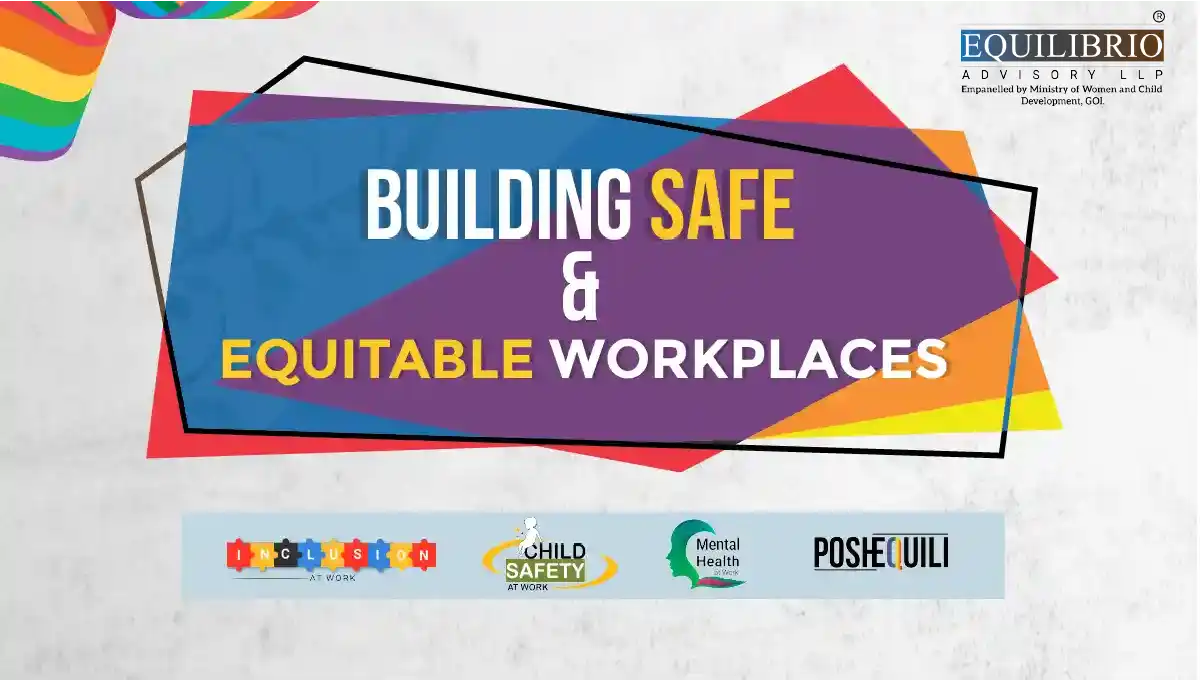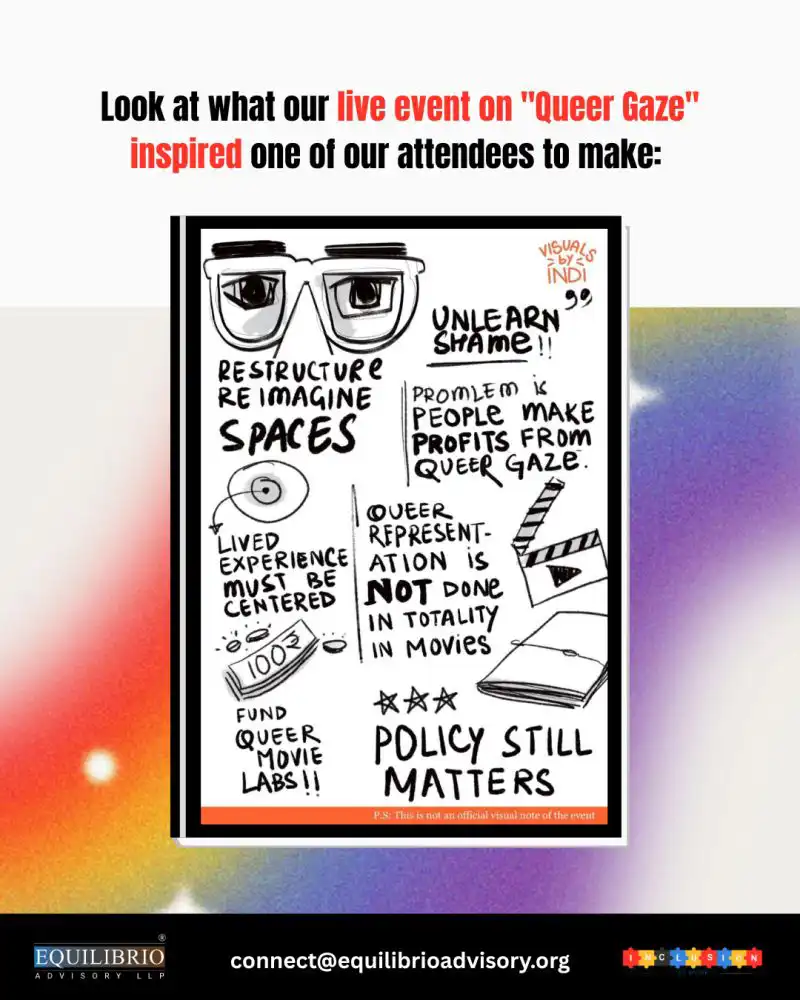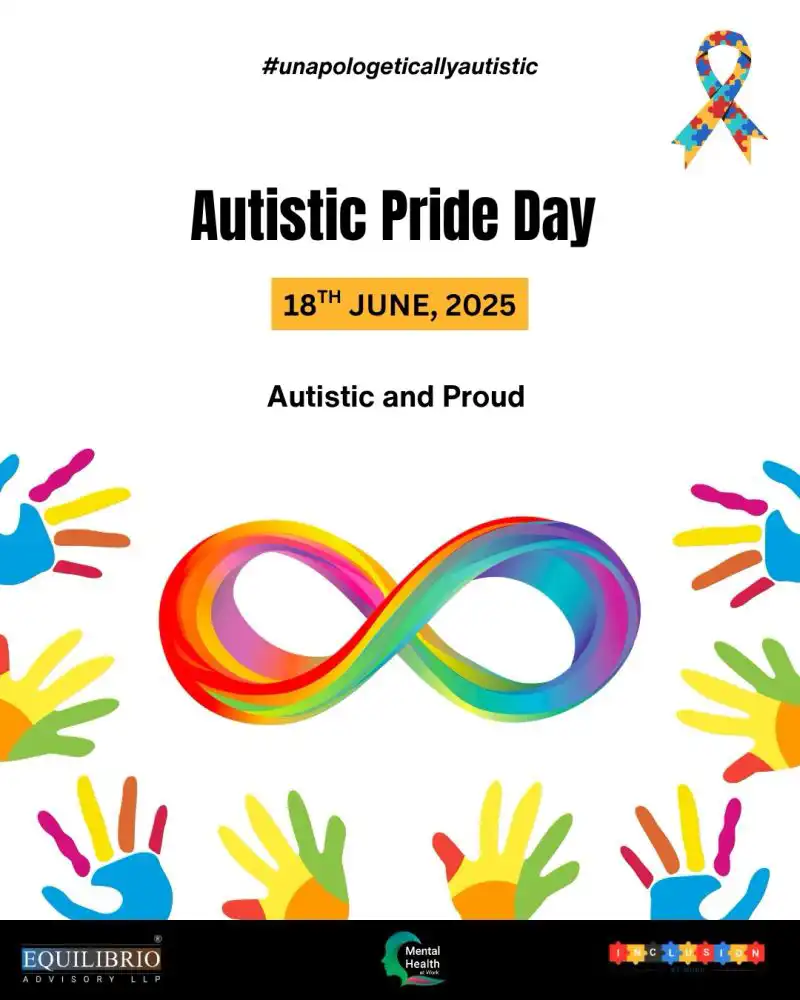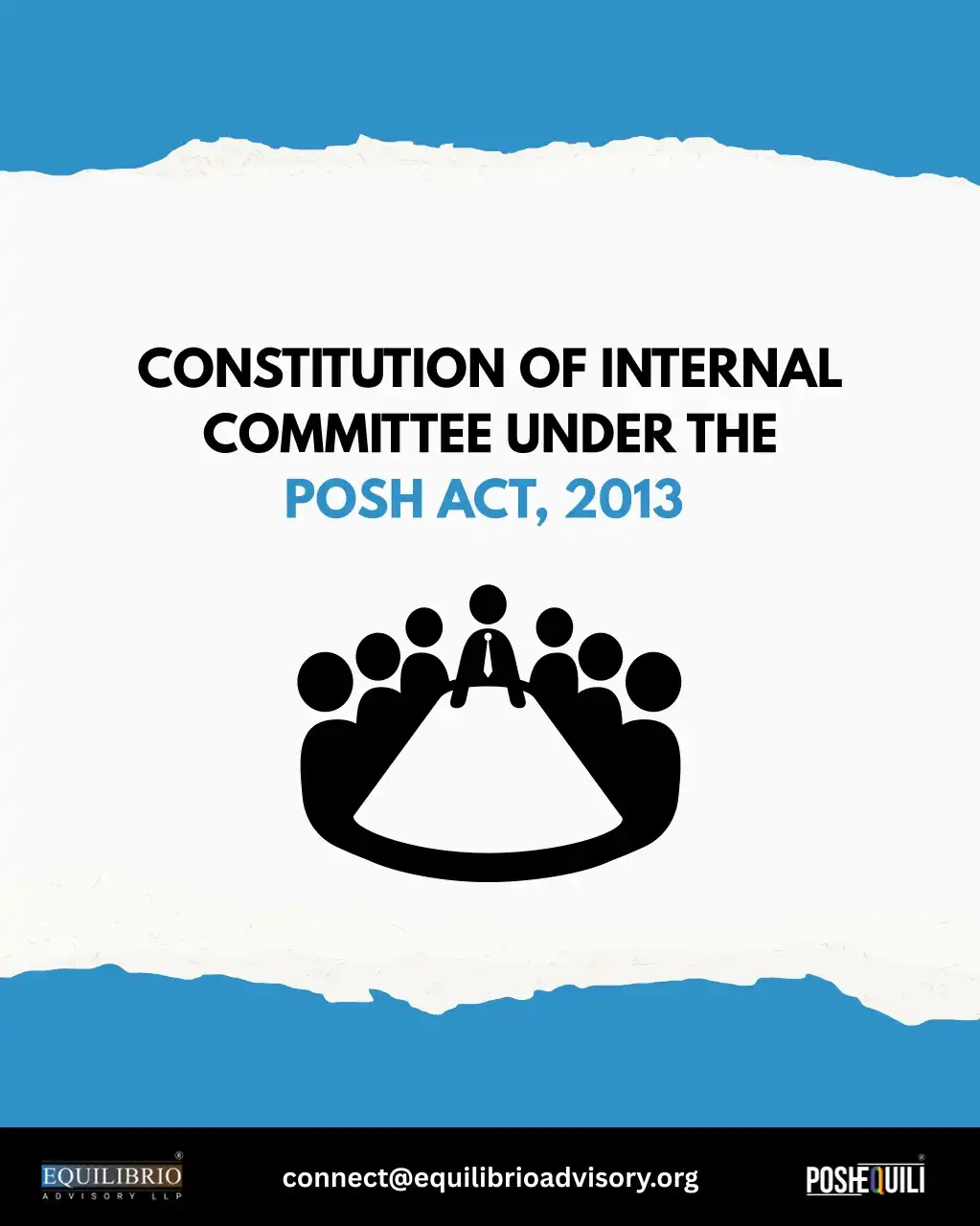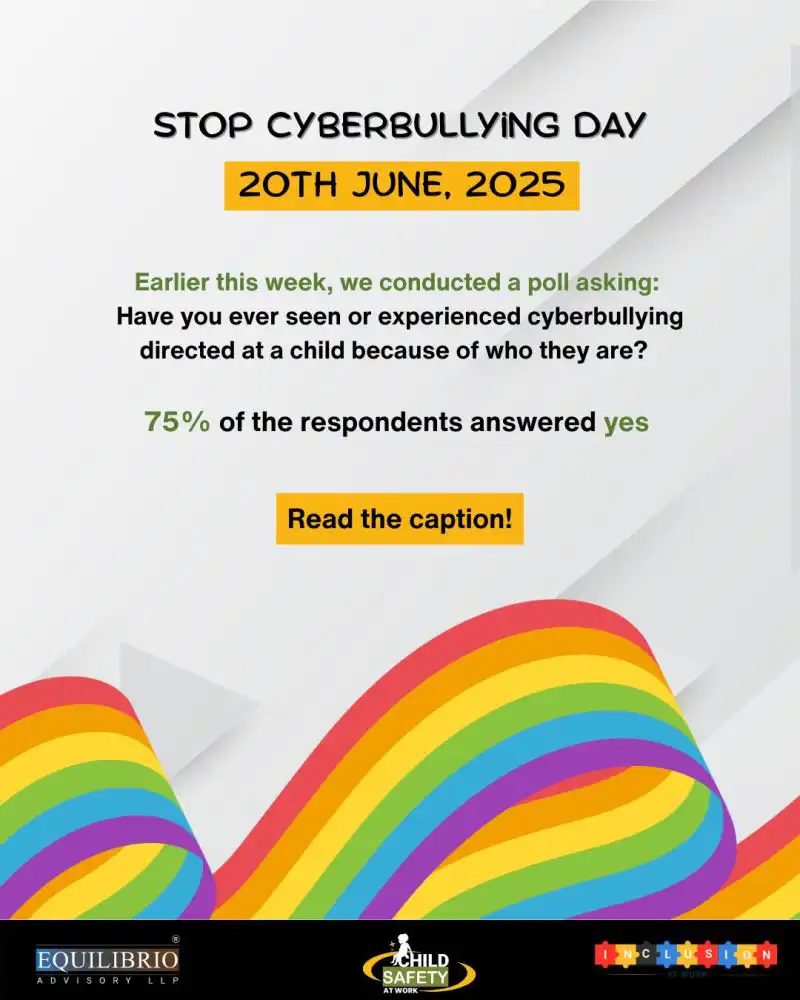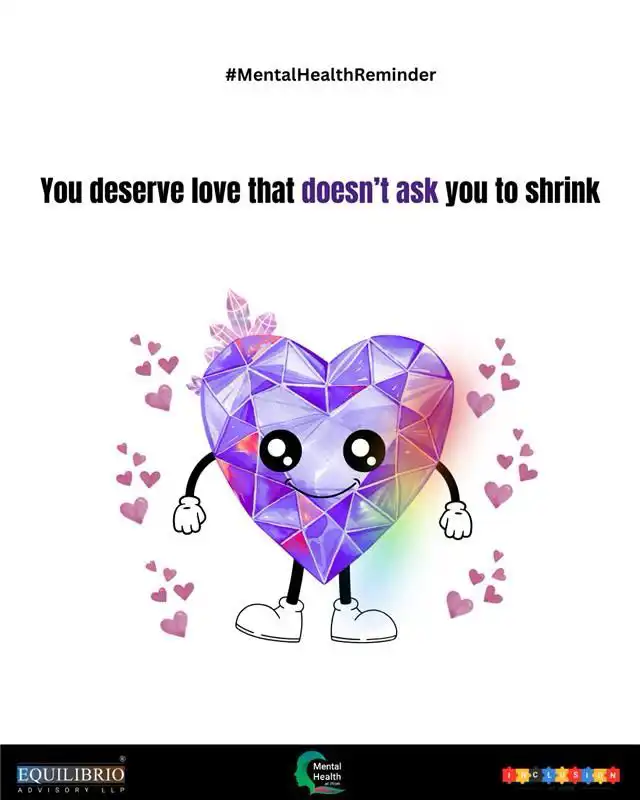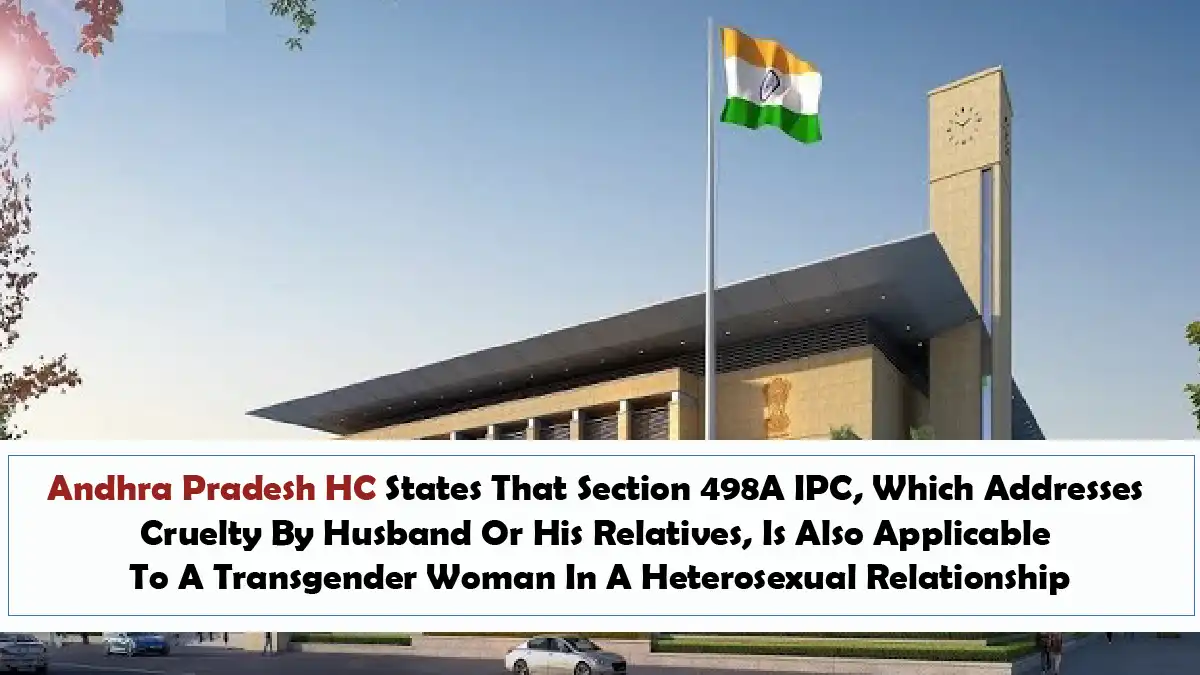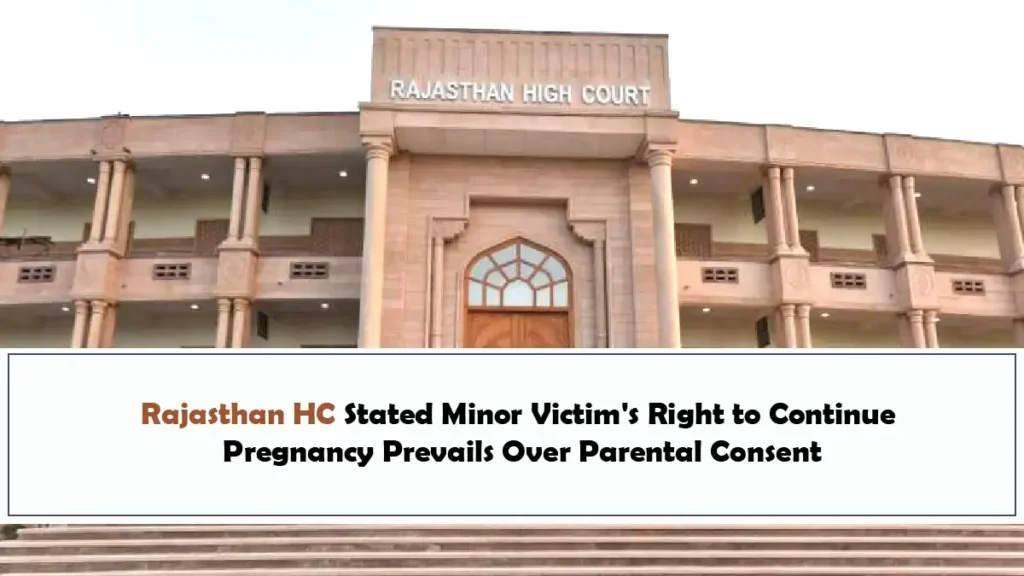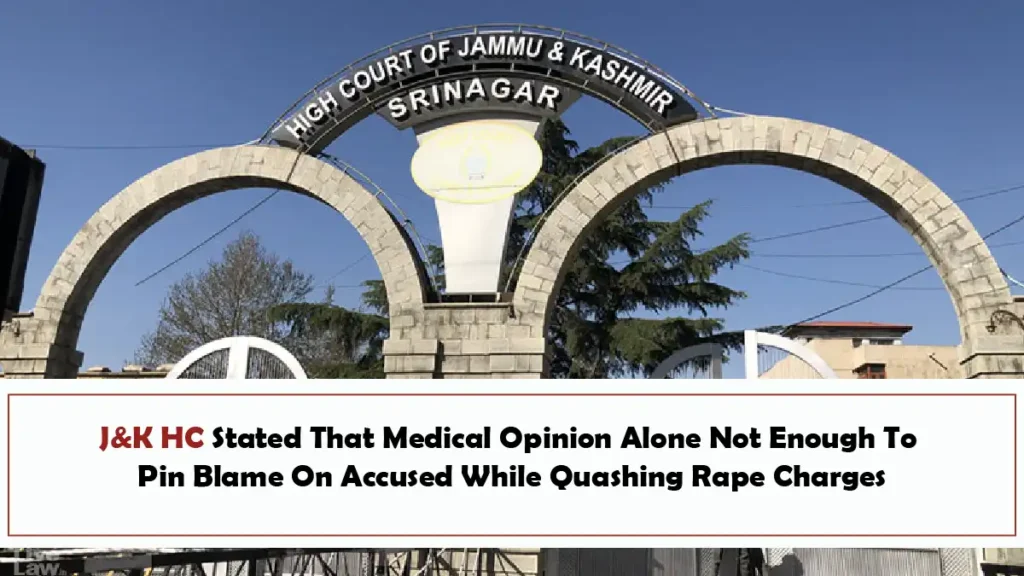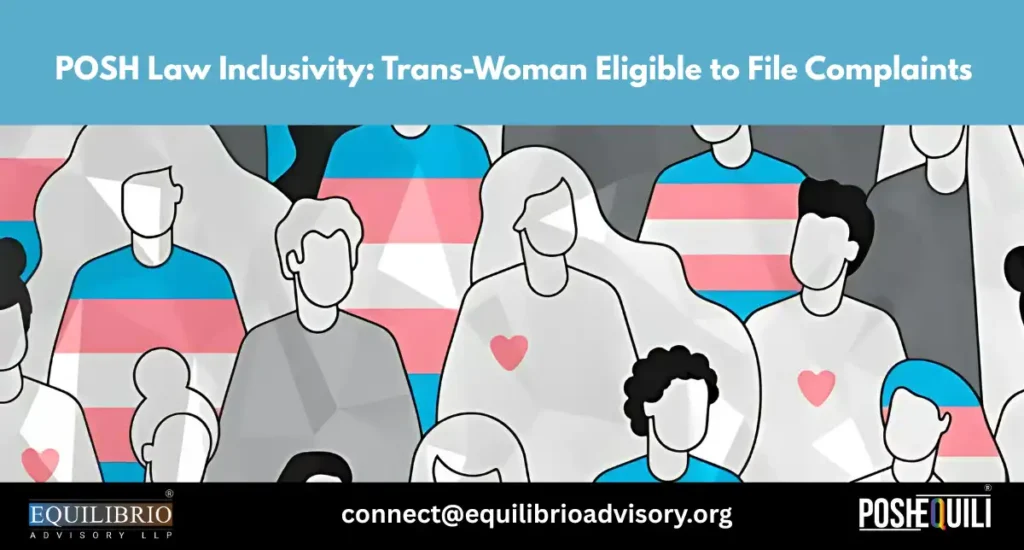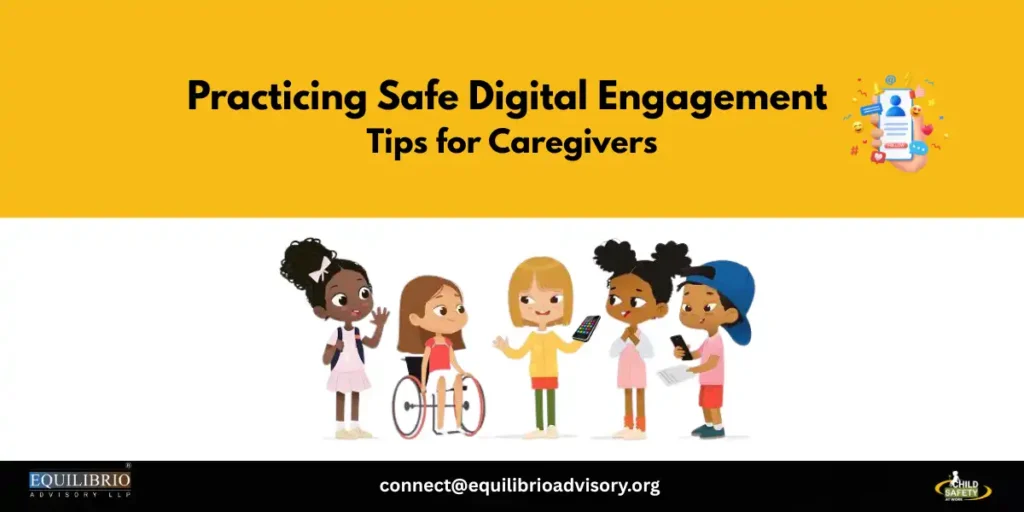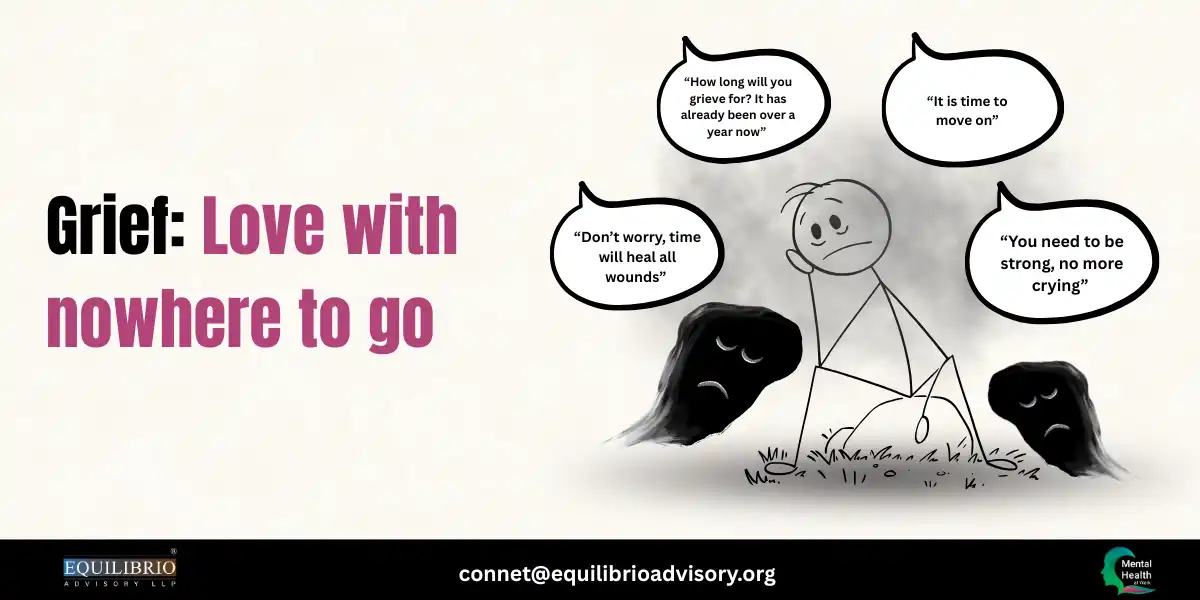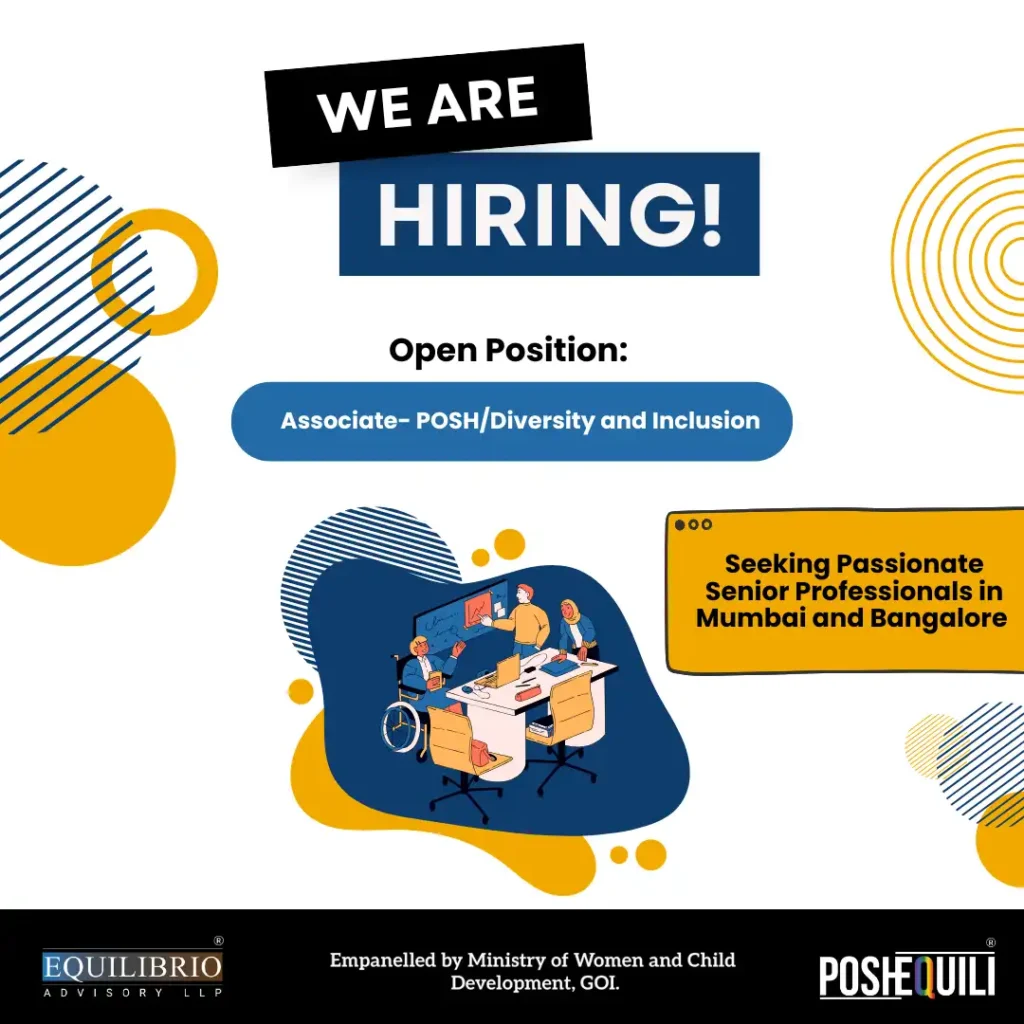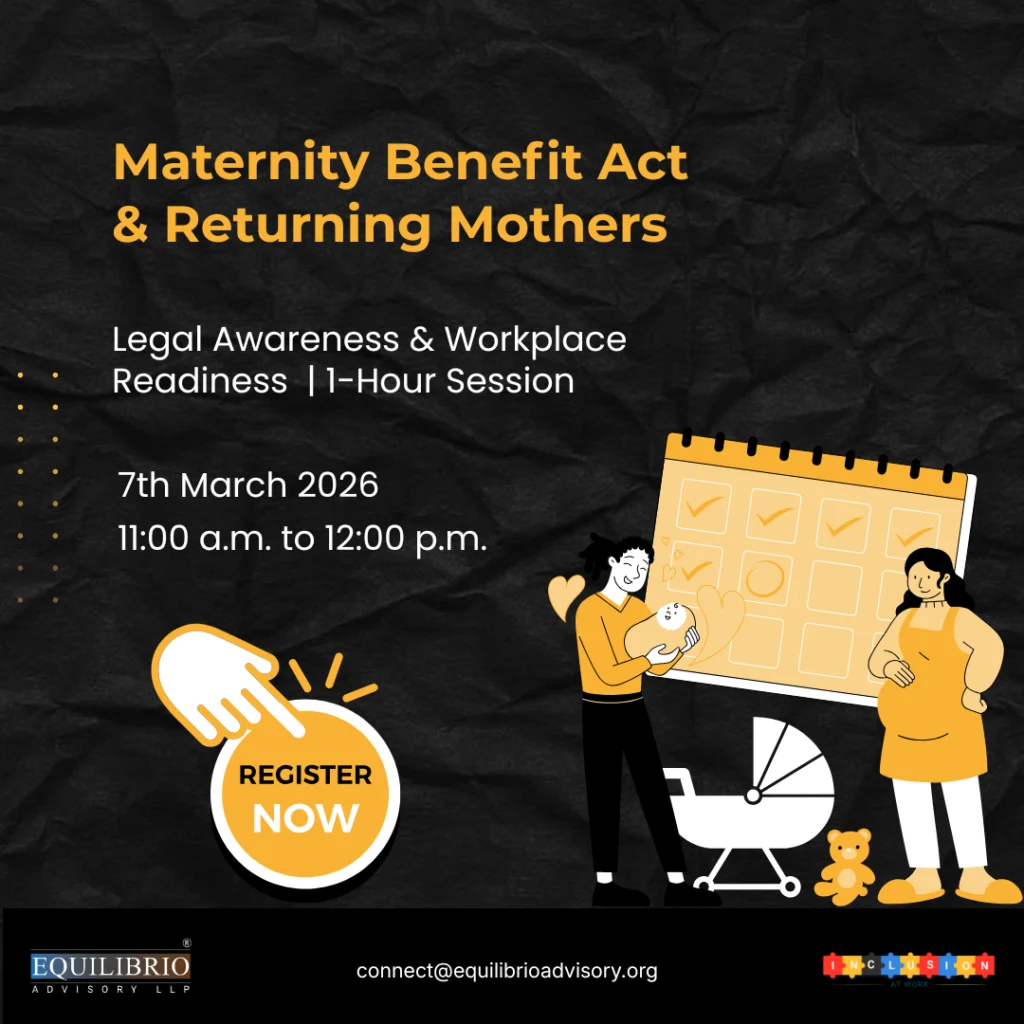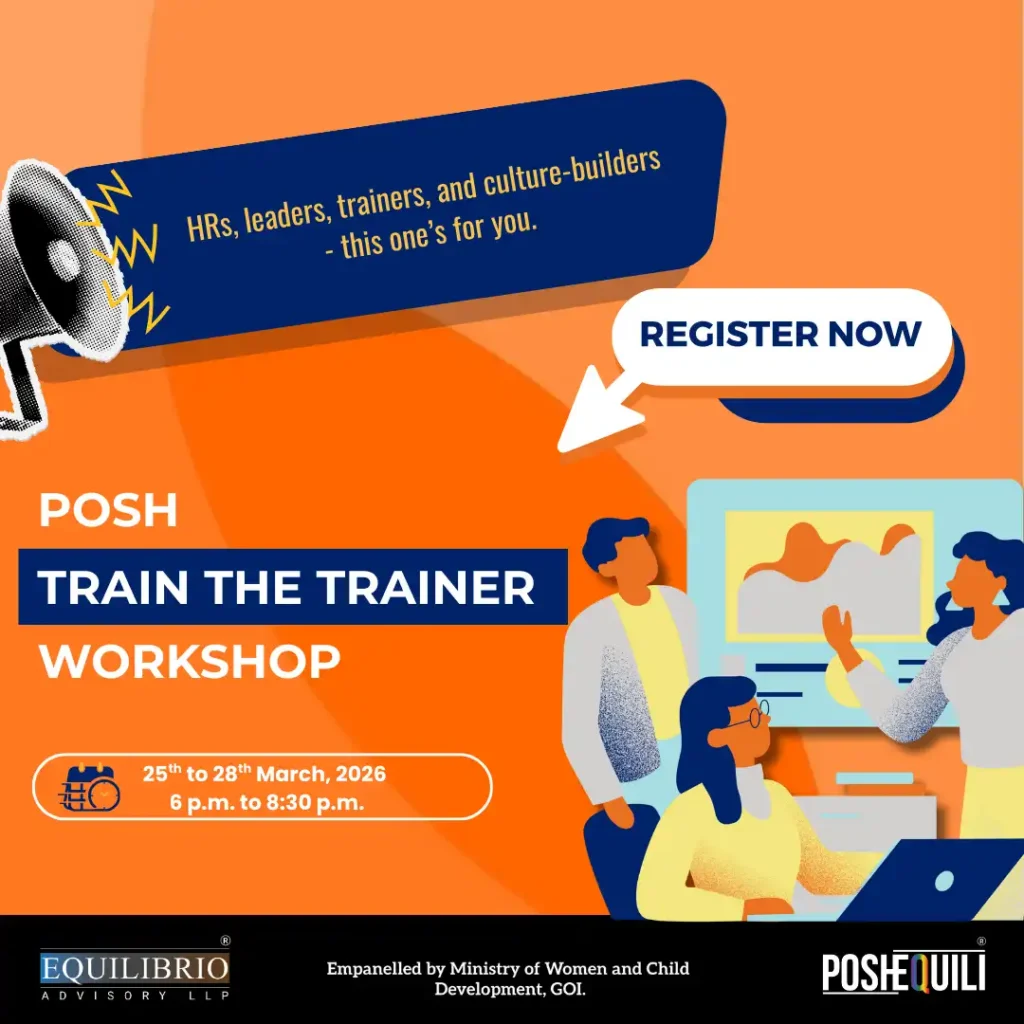The Equilibrio Gazette
A brief buletin for building safe workspaces!
27th June 2025 | Issue No. 87
In the Spotlight!
Explore ways to build your knowledge and capacity with our team of in-house experts!
Stay Current!
~ Spotlighting Landmark Judgments since passing of the Law!
I - LEGAL UPDATES
II - Exploring Intersections
In the matter of Anamika vs. UOI & Ors., the petitioner who was sexually harassed by her male fellow students who passed obscene comments and sexually coloured remarks against her regarding her identity had challenged the constitutionality of Section 354-A of IPC, on the ground that it excludes victims of sexual harassment who are transgender persons, and is thereby ultra vires of Articles 14, 15 and 21 of the Indian Constitution.
The Hon’ble Delhi High Court observed that if a cognizable offence was made out under S.354A IPC in the complaint, the same shall be registered even if the complainant is a transgender person, in line with the Supreme Court’s decision in NALSA.
Understanding digital safety through the lens of child protection is more important than ever. Whether you’re a parent, educator, or simply part of a young person’s life, knowing what to look out for and how to respond is essential.
To understand more about child safety in the context of digital engagement, check out this article by Rosanna Rodrigues (Head, Mental Health at Work) and Farzeen Khambatta (Senior Associate, POSHEquili and Child Safety at Work).
Engage with us!
Here's your weekly food for thought through a Fun Fact or Quiz.
Did you know that the Academic Council (AC) of the University of Jammu recently approved the creation of one extra seat for transgender candidates in every on-campus course? This initiative was taken as part of the university’s social responsibility.
The trans community in India continues to advocate for greater reservation and representation in education and employment. A 2017 survey by the National Human Rights Commission (NHRC) highlighted a severe crisis of opportunity. It revealed that only 6% of transgender individuals held formal jobs, while 54% had no work or were forced into informal and often hazardous occupations like begging, sex work, or ceremonial customs like “badhai” practised within the Hijra community.
This progressive move by Jammu University is an important milestone in supporting the rights and opportunities of the transgender community in India.

Have a burning question about POSH? Maybe Mental Health at Work, Child safety or DEI&B strategies? Drop us an email with your query and we would love to answer it, in all seriousness.
Curious Cat: What is Queer Fatigue, and how can it be addressed?
Answer: Queer fatigue refers to the emotional and physical overwhelm many within the LGBTQIA+ community face. This sense of exhaustion comes from having to move through a world that constantly questions their idenity and choices; having to educate others on the need for inclusive practices; fighting invalidating behaviour like misgendering and deadnaming.
Activism for queer and trans persons is not just about marching at pride events. It is interwoven into their daily lives. From correcting misconceptions and discriminatory biases, to navigating the process of coming out and struggling to achieve basic rights and dignity, everyday can feel like a struggle. The burden of navigating a world that can be hostile and unaccepting, lead to feelings of burnout and disconnection from community and self.
To address queer fatigue, it is necessary to prioritize radical rest. Taking the time to tune off from social media, setting healthy boundaries with family members, peers or work colleagues who are unaware and unaffirming, can go a long way to restore a sense of balance. It is equally important to celebrate small victories along the way and connect with communities that acknowledge queer and trans identities. Lastly, therapeutic support from a queer affirmative mental health practitioner can help ground into a sense of wellbeing.
If you or anyone you know is experiencing queer fatigue, reach out to us at connect@equilibrioadvisory.org for the support you deserve.
Here’s all the tools you need to build safe and equitable workspaces!
Drop us a Hey, to get started!



